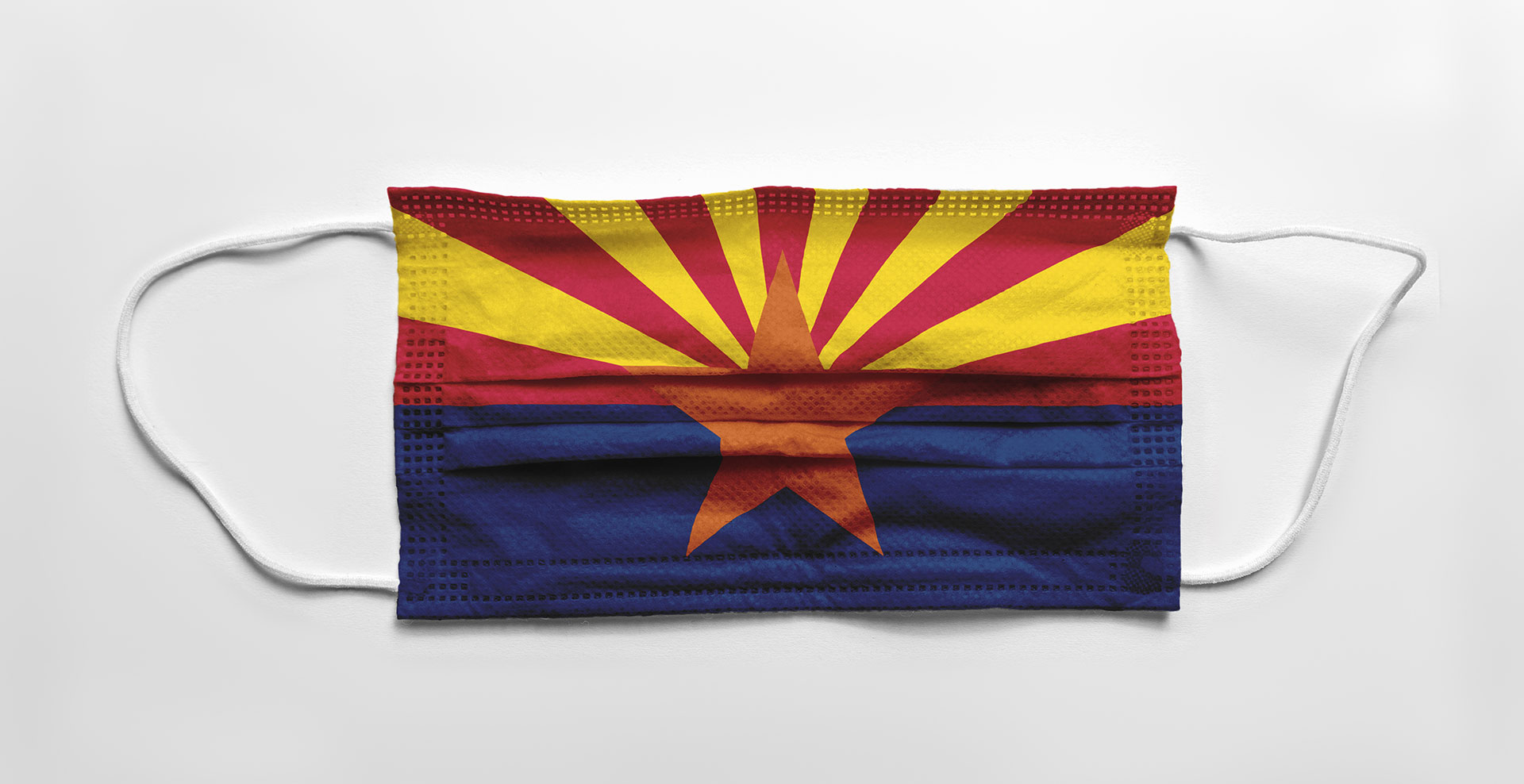
Arizona Enacts COVID-19 Liability Shield Law
Fennemore Client Alert
Arizona Enacts COVID-19 Liability Shield Law
On April 5, 2021, Governor Ducey signed legislation giving businesses, healthcare providers, and others a broad shield from civil lawsuits related to COVID-19.
The COVID-19 liability shield law is retroactive to March 11, 2020, meaning that claims filed before the law’s effective date concerning an act or omission by covered persons occurring on or after March 11, 2020 are also subject to the law. The liability limitation will remain in place until the Governor terminates the COVID-19 state of emergency declaration.
This law protects a wide variety of persons and providers, including the following:
- Persons furnishing consumer or business goods, services, or entertainment;
- Educational institutions;
- School districts or charter schools;
- Property owners, managers, lessors, and lessees;
- Nonprofit organizations;
- Religious institutions;
- State of Arizona and State agencies or instrumentalities;
- Local governments or State political subdivisions, including any department, agency, or commission of a local government or State political subdivision;
- Those providing services to clients under a contract, service agreement, or qualified vendor agreement with the Arizona Department of Economic Security, Division of Developmental Disabilities;
- Healthcare providers; and
- Health institutions, including nursing homes, residential care facilities, ambulance services, and behavioral health, nursing, and screening facilities.
Workers’ compensation claims are excepted under the new liability shield law. Thus, employees may file workers’ compensation claims related to actual or potential exposure to COVID-19 in the workplace.
Arizona’s new law does not automatically bar all claims relating to alleged COVID-19 transmission, but it significantly raises the bar for anyone wanting to sue a covered person or provider after contracting COVID-19.
Under the new law, a person or provider who “acts in good faith” to protect another from injury from the public health pandemic—COVID-19—is not liable for damages in any civil action for injury, death, or loss to person or property.
The law creates a presumption that persons or providers acted in good faith if they adopted and implemented “reasonable policies” concerning the public health pandemic. Although what constitutes “reasonable policies” is not expressly defined, the part of the law specifically applying to health professionals and institutions states they are presumed to have acted in good faith if they relied on and reasonably attempted to comply with applicable published guidance issued by a federal or state agency. Although this language is not in the part of the law relating generally to non-healthcare businesses, it is likely that courts will apply a similar standard to them.
To overcome this good faith presumption, claimants must prove by clear and convincing evidence that the person or provider acted or failed to act due to gross negligence or willful misconduct. This is a much higher standard for plaintiffs than the typical preponderance of the evidence standard. Plaintiffs are now effectively required to prove that the person or provider acted recklessly or deliberately to cause COVID-19 transmission—rather than simply making a mistake or not acting with reasonable care.
Covered businesses and healthcare providers should review their COVID-19 policies. Especially as restrictions continue to relax and businesses are able to re-open fully, it is important to ensure all policies are updated and in line with current federal and state agency recommendations and requirements, including as published by the CDC, Arizona Department of Health Services, Centers for Medicare and Medicaid Services, and other applicable agencies.
Arizona’s new COVID-19 liability shield law is more likely to protect businesses if their policies are in line with current guidance by federal and state agencies and employees are trained to implement and enforce such policies. Please contact legal counsel for help creating or updating your business’ COVID-19 protection policies if needed.
Get MORE. Insights
Stay ahead in the legal world - subscribe now to receive the latest insights and news from Fennemore Law Directly in your inbox!
